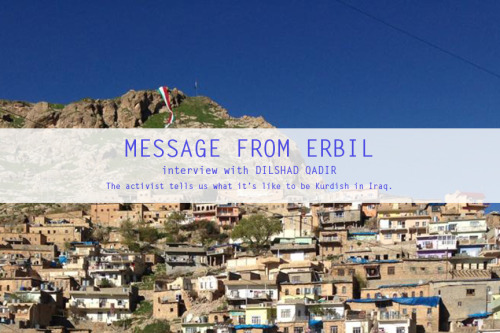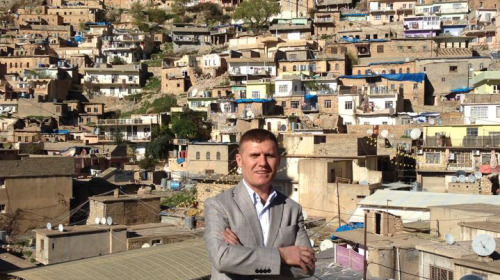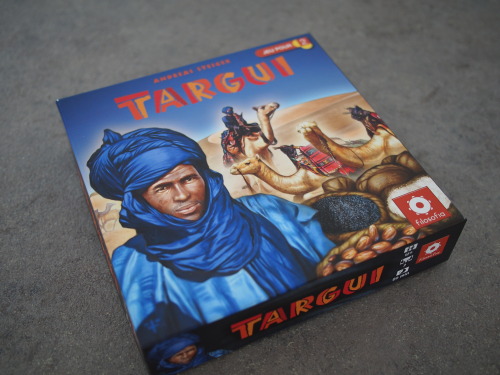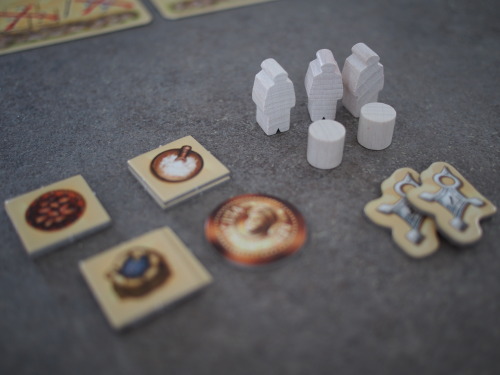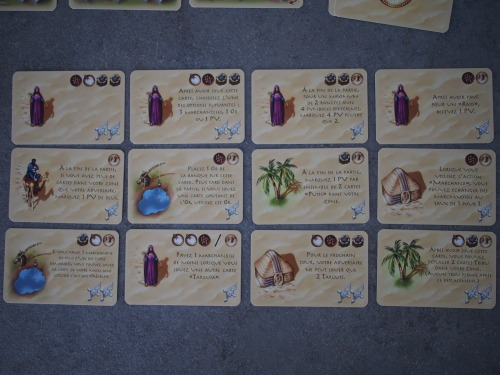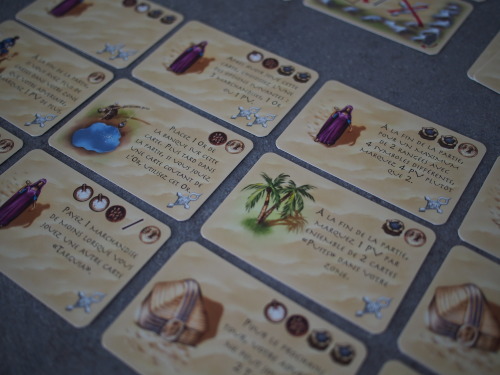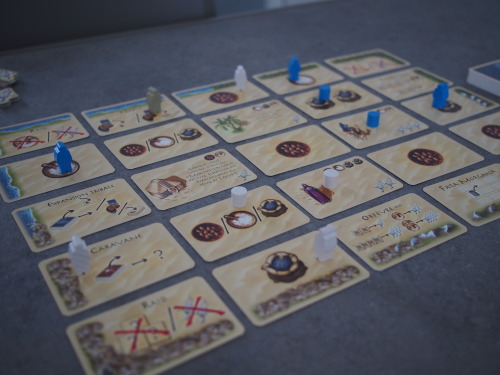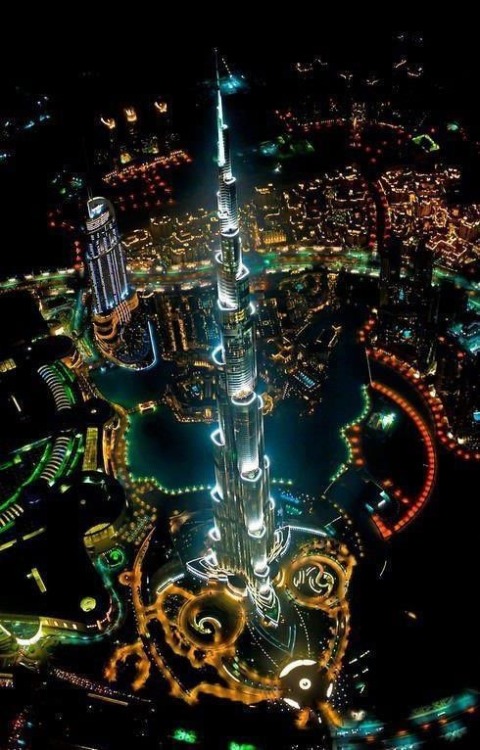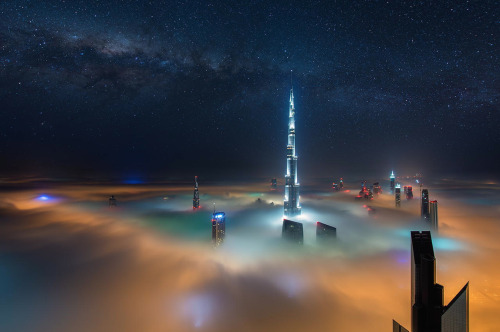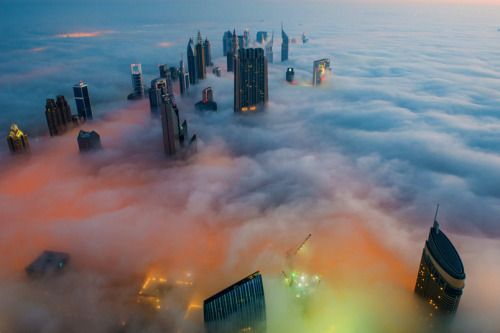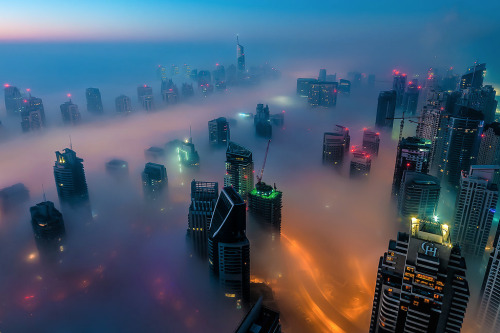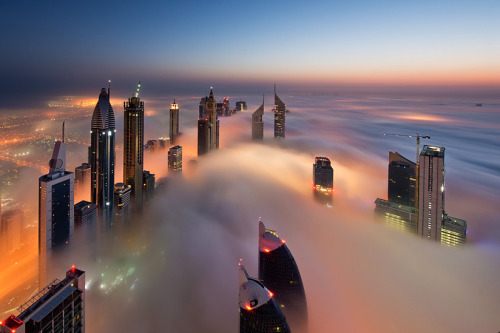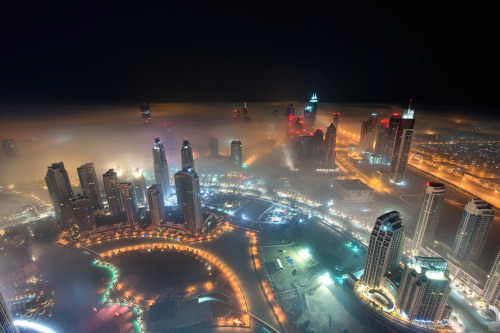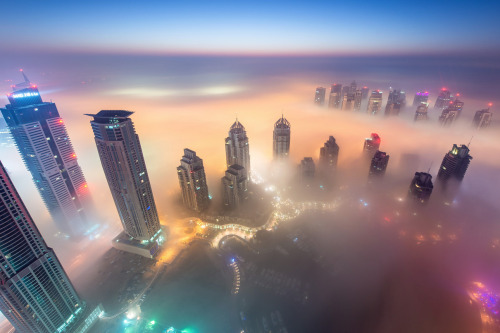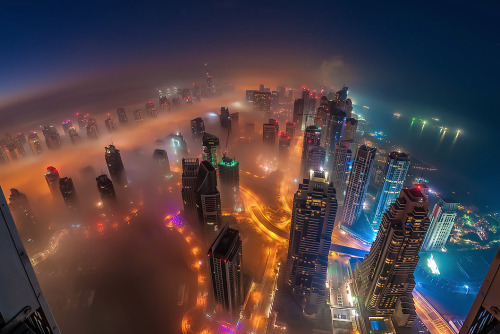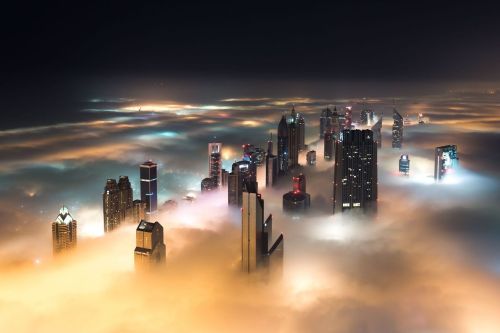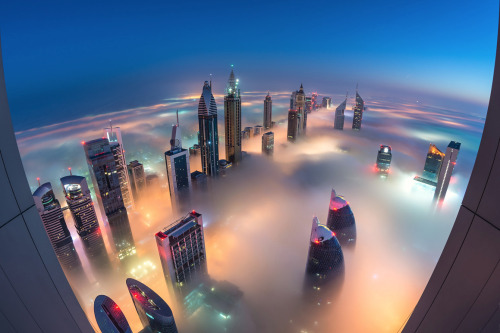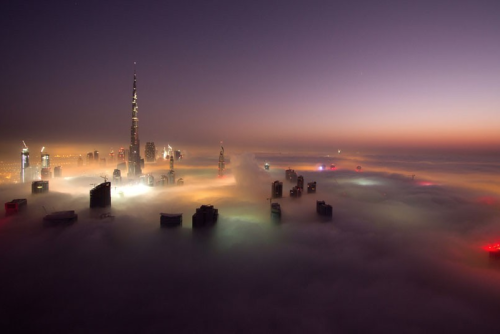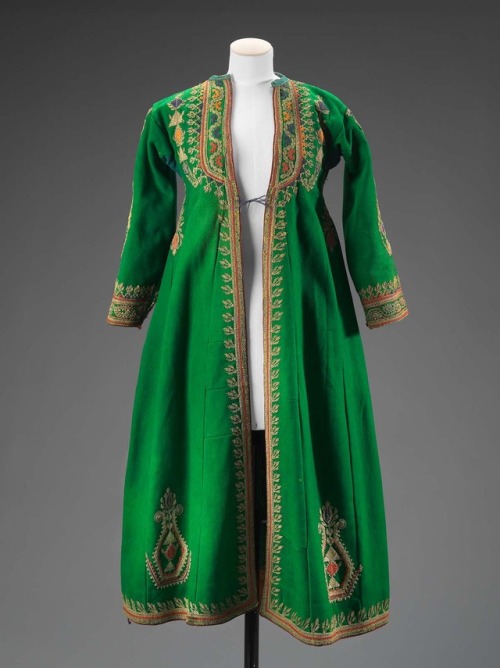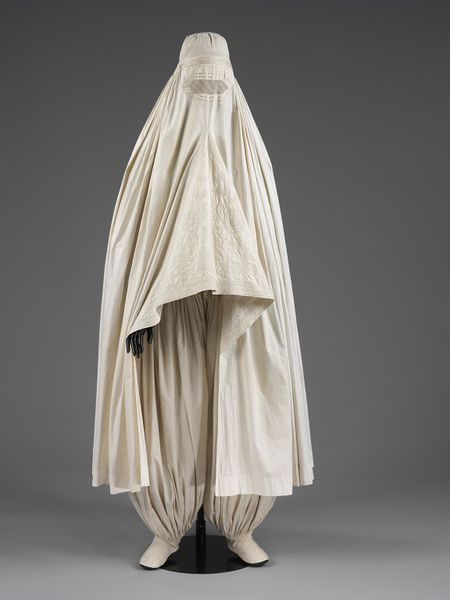#middle east




Some important points about the Nakba in Palestine and its effects on Palestinian civilians as we approach its 74th anniversary. Taken from theimeu on Instagram.
“The Kurds have suffered for hundreds of years from different regimes. No one in the region was accepting of an independent Kurdistan. But now, thousands of people from the very groups who attacked us before have been welcomed here after ISIS pushed them them out of their cities. There is hope that now that they have seen us they will understand. Forgiveness is key.” — Dilshad Qadir, Kurdish civil society activist in Erbil, Iraq
Read the full interview on what it’s like to be Kurdish in Iraq as the region changes.
Post link
Dilshad Qadir is a Kurdish activist from Erbil, the capital of the autonomous Kurdistan region in northern Iraq. The region is full of different ethnic and religious groups, and he’s worked among them on democracy, human rights, and peaceful coexistence for 15 years. We talked to him about daily life in Erbil, what it means to be Kurdish and Iraqi, and his hopes for the future.

Dilshad Qadir.
From the west, it can be hard for us to understand daily life across the Middle East. What is daily life like in Erbil?
Well the downtown area of Erbil is very interesting. At night there are lots of activities, cafés and restaurants. Most people meet friends for a coffee or shisha. When the weather is nice, people take weekend trips to the mountains.
But to be honest, since 2014—when ISIS took major areas in Iraq and the Iraqi Civil War began—the current situation has been on everyone’s minds. Before then, there was hope for the region. Now there’s not much hope: there is so much killing with ISIS, there’s an economic crisis, and there’s no national leadership: the government and international organizations are sectarian. People are focused on finding opportunity or leaving the country.
There is actually a really popular TV show that deals with these issues. It’s called Bezmi Bezm. It’s a weekly sketch comedy that’s comments on the social, economic, and political issues. It’s quite funny, and has become very popular in the past year. You hear the jokes on the street and things like that.
You mentioned sectarian divides in the government. But how do different ethnic groups interact in Erbil in everyday life?
There’s a lot of diversity in Erbil. Of course there are Kurds, but also Yazidis, Iraqi Christians, and Iraqi Arabs from the southern part of the country. Kurdistan is relatively safe, and last year, over a million people came to Iraqi Kurdistan from the Sunni conflict area just south of us. There are also people from around the world working at the international organizations and companies.
Mostly, it’s a respectful, peaceful place: everyone is interacting, in the same neighborhoods, going to the same stores. There might be some tension sometimes, but nowhere near full-scale conflict. People outside of the Middle East have this picture that we love killing, and it’s not true. We are human beings, and we’re very kind people.

A market in Erbil. Photo courtesy of Dilshad Qadir.
You’re ethnically Kurdish, but your nationality is Iraqi. How do those identities relate?
To be honest, the majority of Kurds don’t feel Iraqi. This feeling has intensified because the Iraqi government has not supported Kurdistan. Al-Maliki, the previous Prime Minister, cut Kurdistan’s budget. The Kurds supported the new Prime Minister, Al-Abadi, but that was because of pressure from the U.S. We knew the government would not support the Kurds, and it has not. Even now, Kurds in Baghdad are under threat of the Shia militia. So it does not feel like our own country. Outside of the region, Kurds always introduce themselves as from the Kurdistan region, not Iraq.
Kurdistan is a region that spans parts of Iran, Iraq, Syria, and Turkey. Do Kurds from the different countries feel unified? What are the main differences?
Yes, we feel that we’re the same people, and the main difference is really language. There are two Kurdish languages: Sorani is spoken by people in Iran and northeastern Iraq, and Kurmanji is spoken by people in Turkey, Syria, and northwestern Iraq. Of course, the states that Kurds live in have their own languages and cultures, so that does influence the Kurds that live there. But we are a unified people.

A Kurdish flag flies over hills in Kurdistan. Photo courtesy of Dilshad Qadir.
How do you see multiculturalism affecting the future of Kurdistan?
That’s the question everyone is asking. Before 2014, different ethnic groups were willing to work together under a unified Iraq. But the political system failed to bring security to all the ethnic groups, so now they want independent states. It’s a security issue.
The Kurds have suffered for hundreds of years from different regimes. No one in the region was accepting of an independent Kurdistan. But now, thousands of people from the very groups who attacked us before have been welcomed here after ISIS pushed them them out of their cities. There is hope that now that they have seen us they will understand. Forgiveness is key.
Big question: what do you see for the future of the region?
I try to be optimistic, but it’s becoming really hard. There is so much hopelessness, more than any other time. You spend your day watching the news, you become very sad, you go out to meet a friend for coffee, and you again you talk about the politics. We know the reason there is violence: for control of the resources. I think the game has become clear to everyone.
I was optimistic before 2014. Prime Minister Al-Abadi had a lot of ideas about political reforms, and he had a lot of support. But he failed—the political parties won’t allow reform. I think now it’s hard to envision something united, with different groups coexisting peacefully. I think Iraq will eventually become three states: the Kurdish state, the Sunni state, and the Shia state. Of those, Kurdistan will be the most prepared to be independent. But it will be hard to define those borders, and there will be a lot of external pressure, especially from Iran. It depends on how international leaders align.
However, when I’m working with youth, that’s when I feel the most optimistic. There is always something new, so much life. Watching them grow, going on with new accomplishments makes me happy. You can see your work has an impact. It gives me hope. ✰
See more at confluxmagazine.com
Post link
“The majority of Kurds don’t feel Iraqi. We knew the government would not support the Kurds, and it has not. It does not feel like our own country.” — Dilshad Qadir, Kurdish civil society activist in Erbil, Iraq
Read the full interview on what it’s like to be Kurdish in Iraq as the region changes.
Post link
Suivi de Targui, un jeu que j’aime de plus en plus. On est désormais bien rodés aux règles et on oublie presque plus d’appliquer les effets de nos cartes tribus :D
Victoire 41 à 30 grâce, entre autre, à la construction parfaite de mon campement : 3 lignes complètes, une de cartes targuia et deux de cartes toutes différentes mais valant également 4 points en fin de partie grâce au pouvoir spécial d’une de mes cartes targuia!
—————————————————
Next we played Targui, a game I like more each time I play it. Rules are now well known and we almost never forget to apply tribes card special effects :D
Victory 41 vs 30 VP thanks to my camp building organization : three full lines, one of targuia cards and two of 4 different kinds cards which also were worth 4 VP thanks to one of my targuia special power!
Post link
Abrishami Synagogue (Kanise Ye Abrishami) - Tehran, Iran
كنيسهء ابريشمى
בית הכנסת אברישמי
The land on which the synagogue was built was granted by the Iranian-Jewish philanthropist Aghajan Abrishami.
The synagogue serves as the religious/cultural/social centre of the Jewish community of Tehran & is administered directly by the Chief Rabbinate.
Post link
Orientalism
“Xerex From The Ramparts” – David Roberts Orientalism is a style of art associated with a group…
Post link
photos from dubai’s 828 meter tall burj khalifa (save the first and last photos, which show the building) by (click pic) danielcheong, karim nafatni, bjoern lauen anddave alexander. duabai only experiences this in september and march, when seasonal changes in temperature creates an abundance of early morning fog. (see also: fog over new york, london and chicago)
No sex this time butthis it where I live!!! I ❤️ Dubai
Post link
The United States has less of a leg to stand on than Israel
At least Jewish people - no matter what group - are indigenous to the levant (and this has been proven, you know, through genetic studies)
But not a single white person is indigenous to the United States
And the USA does somany fucking things that are just as bad, human-rights-wise, if not worse, than Israel (certainly worse in scope, given the resources of the USA)
Israel does a lot of fucked up shit. And I’m not here to debate whether or not it should exist. But the USA is wayworse, and I’m sick and tired of white goyim using the only Jewish nation on the planet as a means of assuaging their white guilt over taking one people’s land and enslaving another people to work it.
The US, UK, and EU are also significantly responsible for how fucked the middle east is, but you don’t see major international organisations lobbying for BDS against like, England, which has invaded 90% of the globe, or say, decolonising the US, which is a clear case of foreign invaders taking over land, decimating the native population, and enslaving another population. (Unlike the present Israel-Palestine conflict, which to be clear involves two indigenous populations fighting for control of the same territory now that it’s finally no longer occupied by one invading empire or another for the first time in centuries.)
It would just be nice to see the topic discussed in an intellectually honest capacity once in a while without the double standards and, yeah, the projected guilt. (To be fair, this also applies to islamophobic Jews, like my grandmother, who bring their own set of biases to the topic that make it impossible to discuss.) Maybe try taking that guilt and using it to fix our own ongoing problems before judging other countries.

“If I ever cross your mind, pray for me”
Another teen sent deliberately to his death by the Islamist movement. One can only blame the Arabist elders who filled this 17-yr old teen’s head with hate, initiated him to Islamic Jihad, stuck a machine gun in his hand and sent him in to die, just so they could create a new photo op and (utterly false) victimization narration. And Pallywood airbrushed out his gun to perpetuate a lie and magnify hate.


There is no utilitarianism under capitalism.
Burqa with Footed Trousers - Unknown Afghanistan Artisan, c. 1850
In 19th-century Iran and Afghanistan, Muslim women were usually fully veiled when they went out in public. They wore an outer layer over their indoor clothing and covered their faces. In Iran, this was often a sheet of dark blue or black textile (chador) worn with a white face-veil (ru-band) attached separately. This white cotton burqa from Afghanistan however, combines both elements. It has embroidered openwork over the eyes. Women would have worn the burqa with matching loose-footed trousers (chaqchur), with their skirts tucked inside. This outfit was worn with heeled slippers or boots. [x]
Post link


